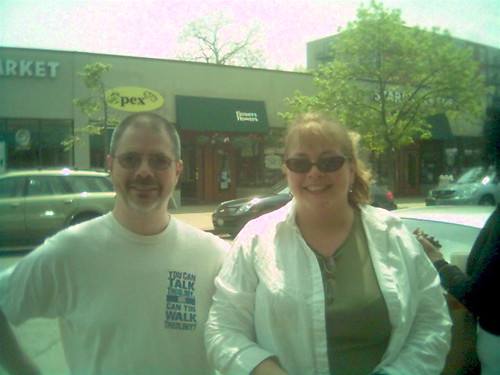The Power of YouTube
The family has been watching Emily’s YouTube videos “Code Monkey” and “Don’t Make Me Dance” over and over; she’s terrific, and we’re rooting for her to land a professional gig. We want to see more.
For all the reasonable arguments against The Long Tail and other internet “boosterism,” the fact remains that it would have been exceptionally difficult, if possible, for Emily to have produced those videos, for her to have distributed them widely if she had made them, and for people like an academic theologian in Evanston to have encountered them — apart from technologies that depend on or have been catalyzed by the Internet. And — and this drives me batty with impatience, makes me want to grab people by the lapels and shake them — this constitutes evidence of something pertinent to the future of church and theological academy. Somebody, listen!
